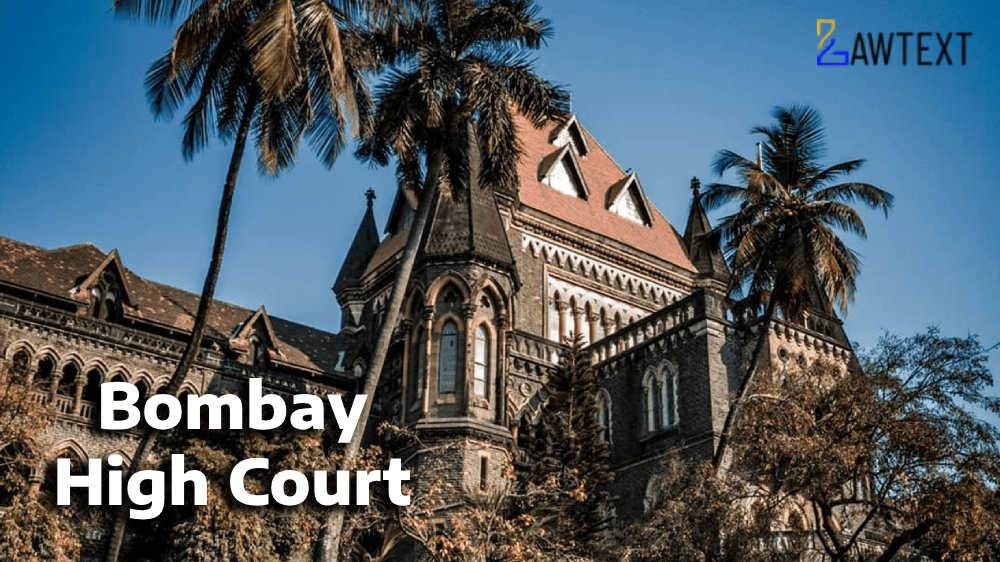Court Overturns M.R.T. Decision on Land Dispute: Retroactive Tribal Status Claims Unwarranted. Petitioners' 1968 Land Transaction Validated as Tribal Status Change Occurred Post-Transaction; 32-Year Delay Deemed Barred by Law

CASE NOTE & SUMMARY
The writ petition challenges the order passed by the Maharashtra Revenue Tribunal (M.R.T.), Aurangabad, regarding a land dispute. The petitioners claim that the sale transaction from 1968 is valid, as both parties belonged to the ‘Andh’ tribe, a status conferred after the transaction. They argue the respondent's objection raised 32 years later is invalid. The court, referencing similar cases, held that protection under tribal land laws does not apply retroactively and allowed the writ petition, setting aside the M.R.T.’s order for a re-enquiry.
Introduction
- Rule and Hearing:
- Rule made returnable forthwith. By consent of the parties, the matter is taken up for final hearing at the stage of admission.
Background
-
Impugned Order:
- Petitioners challenge the order dated 12.07.2019 by the M.R.T., Aurangabad in Review Petition No.8-C/14/Parbhani.
-
Petitioners' Submission:
- Petitioners’ father purchased the lands in question under a registered sale deed on 30.01.1968.
- Respondent filed a proceeding in 2000 under the Maharashtra Restoration of Land to Scheduled Tribe Act, 1974, and Section 36(2) of the Maharashtra Land Revenue Code, 1966, alleging illegal land transfer to a non-tribal.
- Tahsildar acted on this and dispossessed the petitioners.
-
Appeal and Review:
- Petitioners’ appeal was allowed in 2013, validating the transaction as both parties were from the ‘Andh’ tribe.
- Respondent’s review petition and application for condonation of delay led to an ex-parte stay and a remand for re-enquiry by the M.R.T., Aurangabad in 2019.
Petitioners' Argument
- Tribal Status and Limitation:
- Both parties belong to the ‘Andh’ tribe.
- Sale transaction from 1968 predated the recognition of the ‘Andh’ tribe in 1976 and the Act of 1975.
- Challenge after 32 years is barred by limitation.
Respondent's Argument
- Re-enquiry Justification:
- Matter remanded to the authority empowered to decide the validity of the transaction.
- Issues of tribal status need adequate evidence and can be addressed by the Competent Authority.
Court's Consideration
- Document Review and Legal Context:
- Scheduled Castes and Scheduled Tribes Orders (Amendment) Act, 1976, and Act of 1975 promulgated after the sale deed execution.
- Referenced similar cases where changes in tribal status post-sale do not affect the legality of transactions.
Legal Precedent
- Relevant Judgments:
- Referenced cases Gopal Vs. Poshatti and Ors and Tukaram Laxman Gandewar Vs. Piraji Dharmaji Sidarwar by Lrs. Laxmibai, which held that the status of being a tribal at the time of transfer is crucial.
Conclusion
- Applicability of Law:
- Given the facts and legal precedents, the respondent’s proceeding initiated after 30 years was not maintainable.
- M.R.T., Aurangabad's order remanding the matter back to the Collector is unsustainable.
Order
- Writ Petition Allowed:
- Writ Petition allowed in terms of prayer Clause (B).
- Rule made absolute in above terms.
ISSUE OF CONSIDERATION
Daulatrao S/o Kondiba Shelke (Died) through Lrs Versus Pandit s/o Bhikaji Dakhure
Citation: 2024 LawText (BOM) (7) 121
Case Number: WRIT PETITION NO.1403 OF 2020
Date of Decision: 2024-07-12
Case Title: Daulatrao S/o Kondiba Shelke (Died) through Lrs Versus Pandit s/o Bhikaji Dakhure
Before Judge: S. G. CHAPALGAONKAR, J.
Advocate(s): Mr. V. D. Patnurkar, Advocate for Petitioner. Mr. M. P. Kale, Advocate for Respondent No.1.
Appellant: Daulatrao S/o Kondiba Shelke (Died) through Lrs
Respondent: Pandit s/o Bhikaji Dakhure

